What Jinping’s Trip to North Korea Means……?
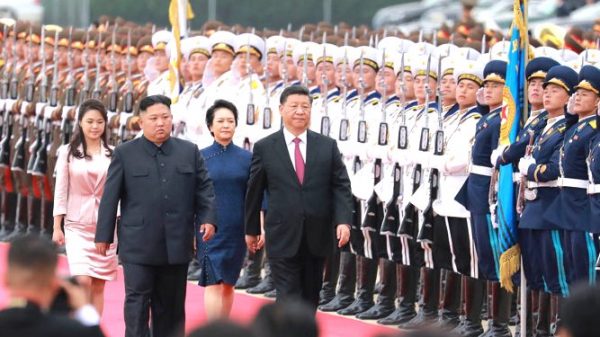
Muhammad Zamir: The importance attached to this visit by China was underlined by the Chinese government through the composition of their high level delegation. Xi Jinping, president of the People’s Republic of China, arrived in Pyongyang on June 20 for a state visit to the Democratic People’s Republic of Korea. The Chinese president was there at the invitation of Kim Jong-un, chairman of the State Affairs Commission of the Democratic People’s Republic of Korea (DPRK). This was Xi’s first Chinese state visit to the North since 2005. The two have met in China four times, but this was the first time in North Korea. Xi’s two-day visit assumed particular importance as this was also the first by any Chinese leader to North Korea in 14 years, and the first by President Xi since taking power in 2012. It was also Xi’s first meeting with Kim since the Trump-Kim meeting in Hanoi in February this year (that ended without any agreement on North Korean denuclearization). The importance attached to this visit by China was underlined by the Chinese government through the composition of their high-level delegation.
This was apparently done because China is very important to North Korea, as its main trading partner. Analysts have pointed out that the visit at this juncture and its nature also indirectly drew reference to the fact that the 70th anniversary of the two countries establishing diplomatic ties is approaching. It is being thought that this visit, whatever the confidential agenda, will enable Kim to show that he still has China’s support, as other relationships are struggling. China, its biggest trading partner, has backed sanctions but has indicated that it would be in favor of some sanctions relief as an incentive for North Korea to denuclearize. It is understood that the bilateral discussions at this high level inevitably discussed the stalled nuclear negotiations and the collapse of the Hanoi summit. European analysts have remarked that Xi wanted to know what happened and whether any way could be agreed upon to move things forward. Presumably, this track was used so that China could receive information, which could then be shared if Xi meets Trump in Japan during the coming G-20 summit.
North Korean authorities have informed that both Kim Jong-un and Xi Jinping, in their review of the existing bilateral situation, pointed out to the joint struggle being carried out by the peoples of the two countries in advancing the cause of socialist construction against the backdrop of the peoples of the two countries celebrating the 70th anniversary of the establishment of diplomatic relations between the DPRK and China. Both sides agreed on making positive joint efforts to promote close strategic communication between the two parties, and the two countries deepen mutual understanding and trust, maintain the tradition of high-level visit, and strengthen exchange and cooperation in every sector. The two leaders also exchanged views on important international and regional matters, including the denuclearization of the Korean peninsula.
In this regard, there was consensus that there has to be efforts to promote regional peace, stability, co-prosperity, and development, now that serious and complicated changes are happening in international and regional situations. This last aspect will hopefully be carefully taken note of by the US, Japan, and South Korea. One needs to understand that China attaches importance not only to stability in North Korea and economic co-operation, but also in ensuring that it remains a significant party in the negotiations over North Korea’s nuclear program. North Korea analyst Peter Ward has mentioned in this regard: “China has proved to be the main destination for most of North Korea’s exports, including minerals, fish, textiles, and also workers.” Beijing traditionally is also the main importer of goods for North Korea’s industry and households.
Under current sanctions, a lot of this trade has come to a halt. Ward thinks that “China would prefer to relax UN sanctions in these areas. It wants to ensure that North Korea’s economy grows at a fair pace and that the North does not feel the need to test ballistic missiles and/or nuclear weapons again.”
However, other observers have commented that given that sanctions are not likely to get lifted soon, there is little China can do. Professor Kim Hyun-wook, from the Korea National Diplomatic Academy, has however told Reuters that Chinese economic support — possibly even China creating a “hole” in sanctions — would mean Kim “does not have to negotiate with the US from a position of weakness” and that North Korea “can have both nuclear weapons and economic aid from China.”
The electronic media has highlighted the enthusiastic welcome accorded to Xi in Pyongyang, but the Western media has commented that, as usual, it was very well orchestrated by the North Korean authorities. At a time when serious and complicated changes are taking place within the geo-strategic paradigm, this visit to North Korea by the Chinese leader, ahead of the G-20 summit in Osaka has different connotations.
Xi flew back to China on June 21, after a very short visit. However, he was able to use the trip as a signal to US President Trump that he had influence over the North Korean leader, and that needed to be taken into account. It was also underlined that China can help in promoting regional peace within the matrix of the nuclear negotiations that are currently deadlocked between North Korea and the United States.
It would be important to note that after Xi’s visit, it has been revealed by the media that Kim Jong-un had received recently a personal letter from US President Donald Trump with “excellent” content. It may also be recalled that earlier in June, Trump had also stated that a “beautiful letter” had been sent to him by the North Korean leader. It has, however, not been disclosed how Trump’s letter to Kim was delivered. The timing of these letters was nevertheless noteworthy, given the fact that Donald Trump was due to visit Seoul after the G-20 summit to hold talks with South Korean President Moon Jae-in. Discussions between Chinese President Xi and President Trump in Osaka, Japan on the sidelines during the G-20 summit appear to have also persuaded President Trump to propose the shaking of hands between himself and the North Korean leader Kim at the DMZ border between South and North Korea. This was symbolic, but this handshake and the crossing over into DPRK across the DMZ by a sitting US president on June 30 was followed by an hour-long meeting.
This and a tripartite discussion that included the South Korean president has helped fuel the idea that it will lead to another substantive meeting between the leaders of the US and DPRK to take forward the path towards eventual denuclearization of North Korea.



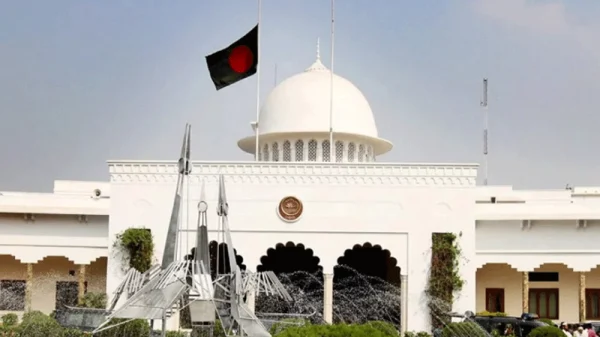
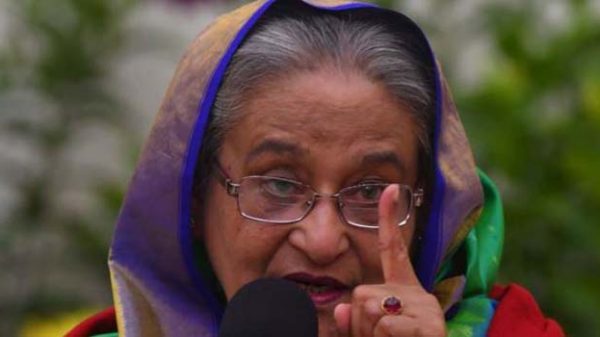

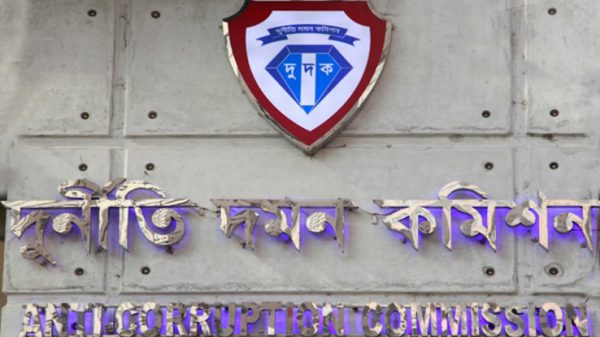

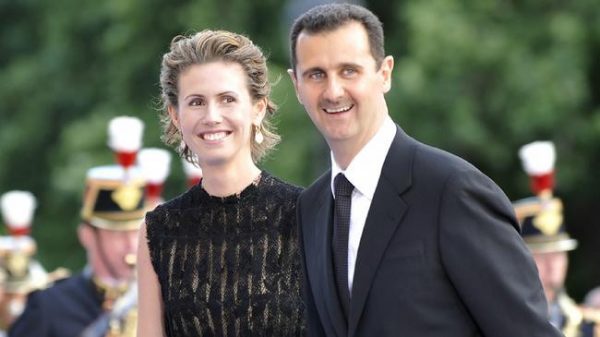
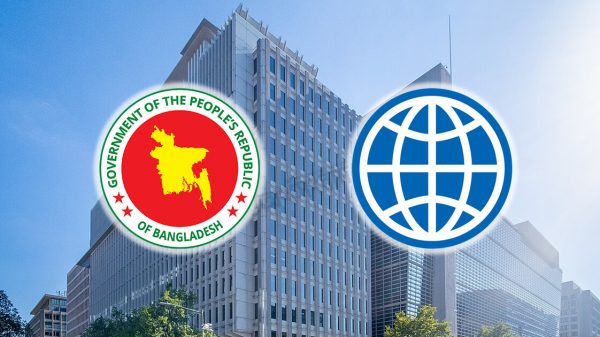

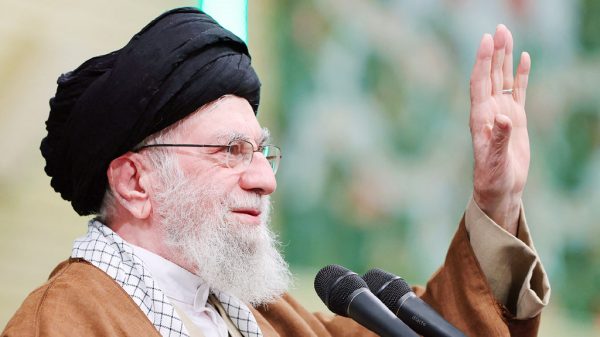













Leave a Reply